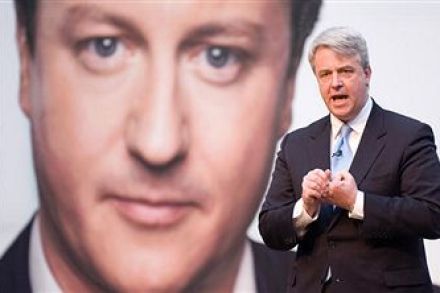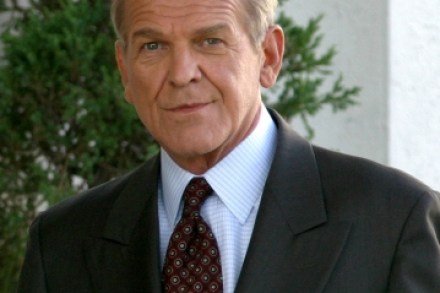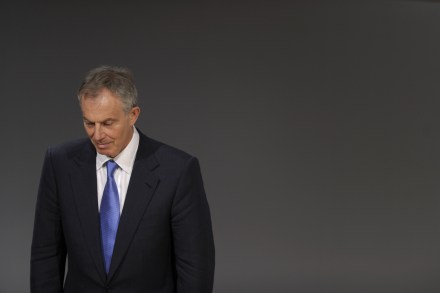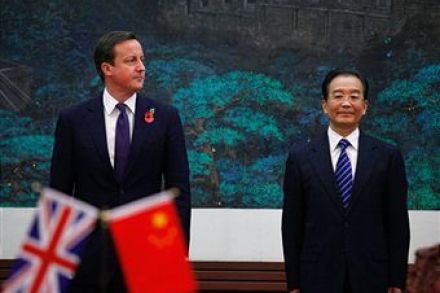Much more than a networking event
What’s the point of Davos? This is a question seldom addressed in the reports filed from the five-day “World Economic Forum” which ended on Sunday. Many speeches are made, many issues debated, but it is not a place where decisions are taken. It is not a G20. Manifestos are not launched there. It exists to serve a very particular function: every year for a short period of time it becomes the temporary capital of the globalised world. Top business and political leaders, distinguished academics and journalists – all committed to improving the state of the world – flock there to meet each other, swap ideas and then go home. This


















